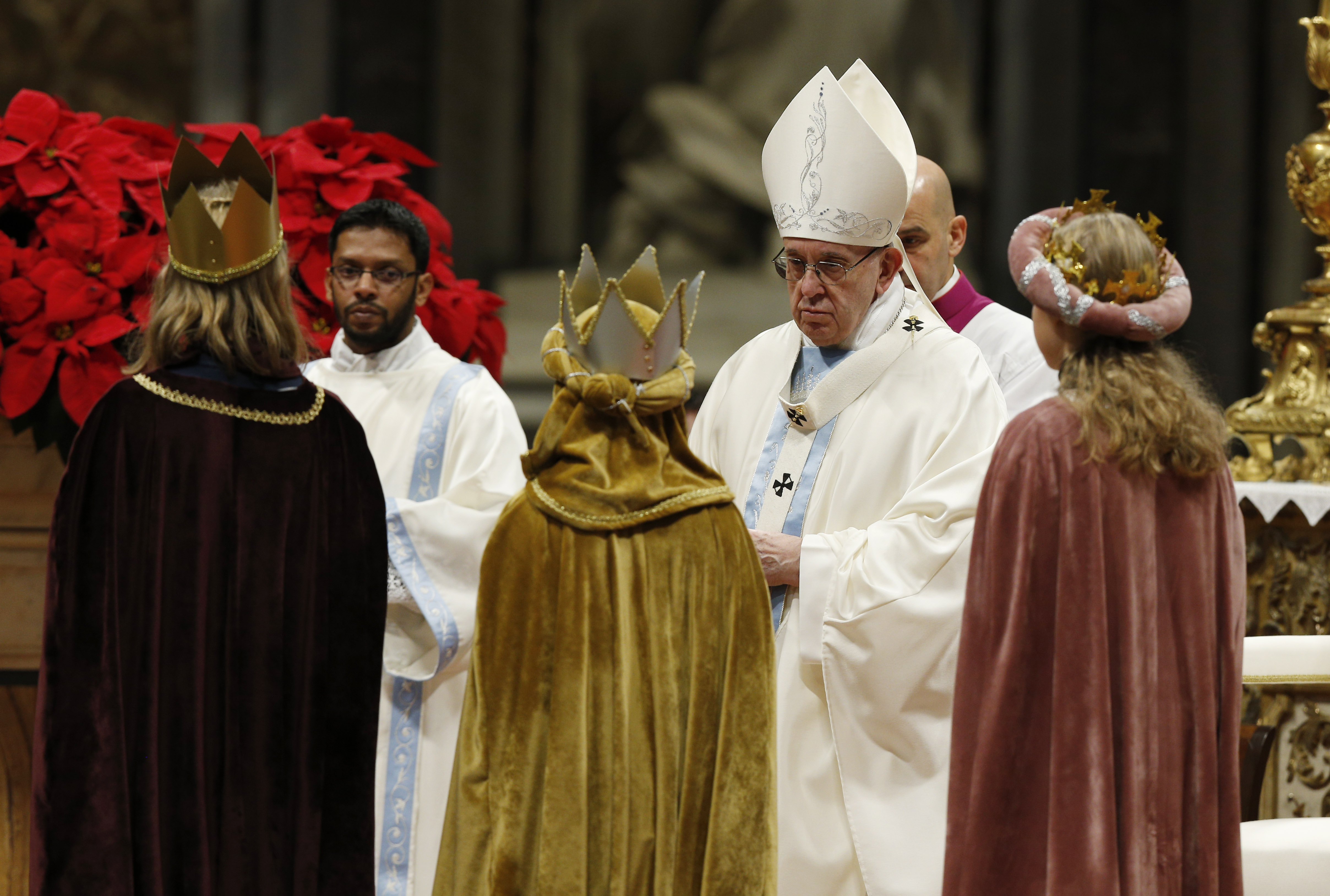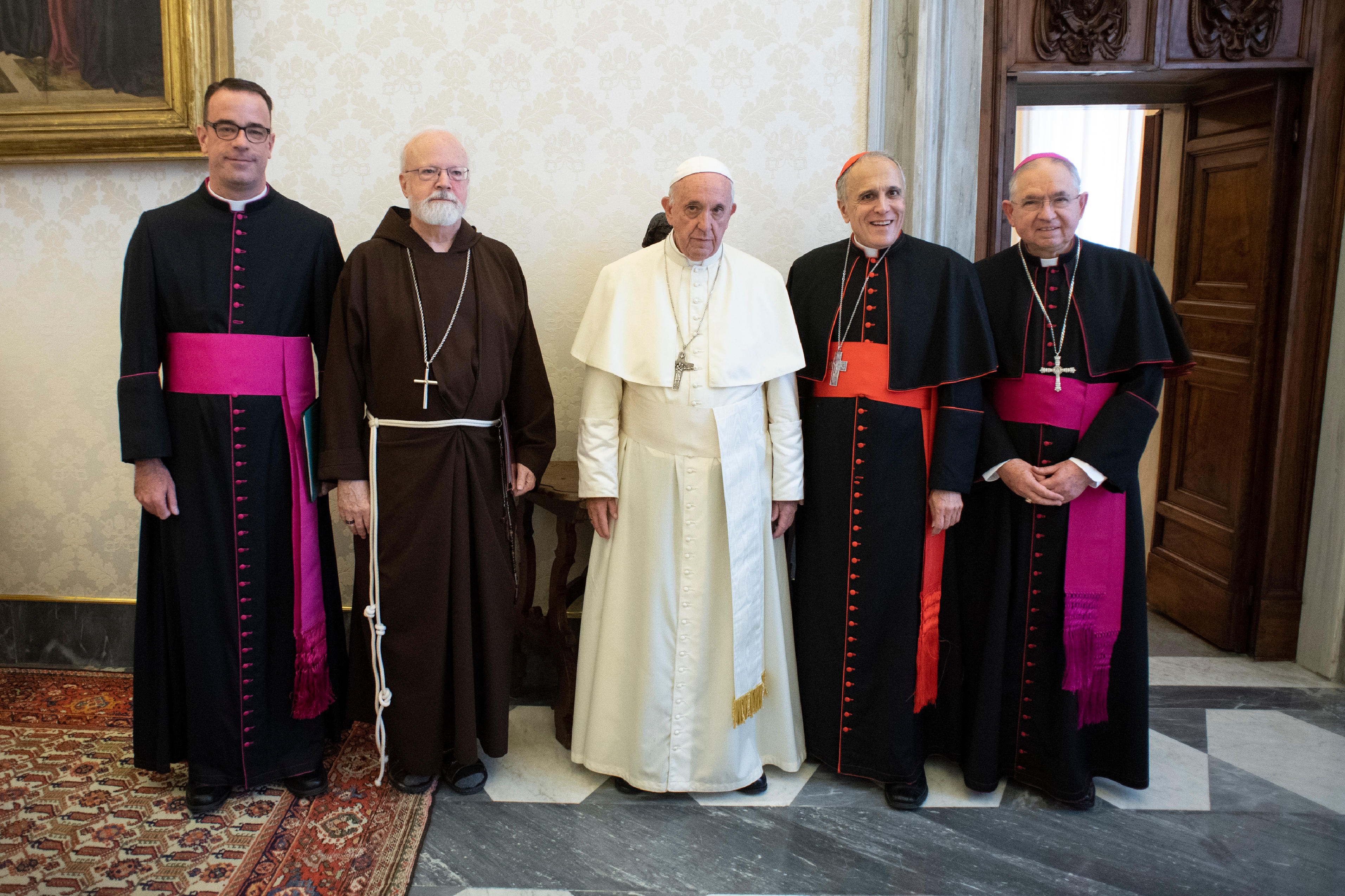As the bishops of the United States prepare for a week long retreat ordered by Pope Francis and led by the preacher of the Papal Household, Fr Raniero Cantalamessa, OFM, Cap., new revelations and media reports raised the stakes for the bishops on the issue of clergy sex abuse.
The New York Times reported on a priest, Fr Donald Timone, who continued to exercise ministry despite the fact that a programme established to compensate victims reached settlements with two of his victims. The Independent Reconciliation and Compensation Program apparently did not alert the New York archdiocese of the settlements. In 2002, when allegations against Fr Timone were first made, the archdiocesan review board did not substantiate them. The archdiocese suspended Timone, 84, two days after the report in the Times.
Meanwhile a Los Angeles bishop has resigned after allegations of past misconduct with a minor, the local archbishop said. Pope Francis accepted Auxiliary Bishop Alexander Salazar's resignation on Wednesday 19 December, Los Angeles Archbishop José H. Gomez said in a statement.
In Georgia, Atlanta Archbishop Wilton Gregory, who serves with other past presidents of the bishops’ conference on an ad hoc committee to address clergy sex abuse-related issues, indicated his dissatisfaction with the proposals set before the bishops at their November meeting. The Holy See issued a last-minute directive barring the bishops from voting on proposals before the November plenary ahead of the 21-24 February global gathering of bishops on child protection. These proposals involved producing a “Standards of Episcopal Conduct” document and establishing a national review board to investigate charges against bishops. But, in the discussions there was no consensus on these proposals. “[The meeting in] Baltimore revealed that the body of bishops in the United States are divided over how best to accomplish accountability for and transparency in episcopal governance,” Gregory stated. “Even though there was no formal vote taken, the discussions that ensued made it obvious that we could not have achieved the necessary majority to enact a formal policy even if we had taken such a vote.”



 Loading ...
Loading ...